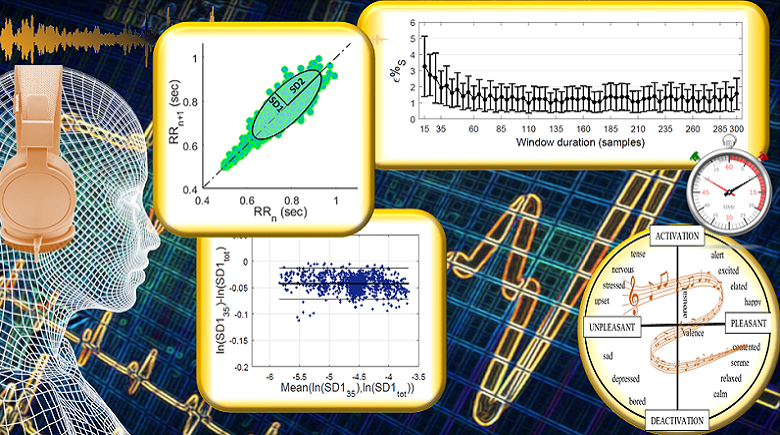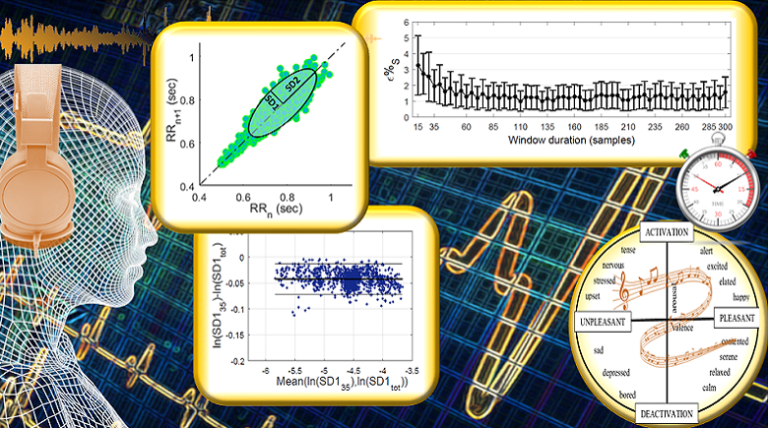
The number of studies about ultra-short cardiovascular time series is increasing because of the demand for mobile applications in telemedicine and e-health monitoring. However, the current literature still needs a proper validation of heartbeat nonlinear dynamics assessment from ultra-short time series. This paper reports on the reliability of the Lagged Poincaré Plot (LPP) parameters – calculated from ultra-short cardiovascular time series. Reliability is studied on simulated as well as on real RR series. Simulated RR series are generated and LPP parameters estimated for ultra-short time series (from 15 to 60 s) are compared to those estimated from 1 hour. All LPP parameters estimated from time series longer than 35 s presented a Spearman’s correlation coefficient higher than 0.99. RR series acquired from 32 healthy subjects during 5-minutes resting state sessions are used to test the LPP approach in experimental data. The usefulness of ultra short term parameters in real data is accomplished also studying their ability to discriminate positive and negative valence of auditory stimuli taken from the International Affective Digitized Sound System (IADS) dataset. The achieved accuracies in the recognition of elicitation along the valence dimension, using only the LPP parameters, were of 77.78% for 1 minute 28 second series, and of 79.17% for 35 second series.

